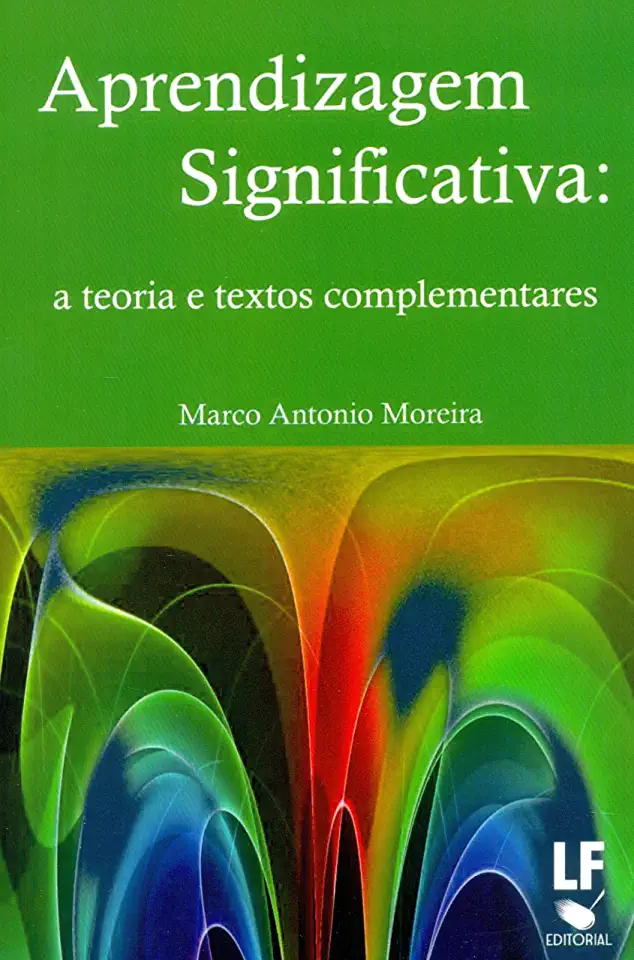
Meaningful Learning- The Theory of David Ausubel - Marco Antonio Moreira
Meaningful Learning: The Theory of David Ausubel
Introduction
In his groundbreaking book, Meaningful Learning, David Ausubel presents a revolutionary theory of learning that challenges traditional notions of education. Ausubel argues that learning is not simply the accumulation of facts and information, but rather the process of actively constructing meaning from new experiences. This theory has profound implications for educators, as it suggests that the way we teach can have a significant impact on the depth and retention of student learning.
Key Concepts
Assimilation
At the heart of Ausubel's theory is the concept of assimilation. Assimilation occurs when new information is integrated into existing knowledge structures, or schemata. This process is facilitated by the use of advance organizers, which provide a framework for students to organize and understand new information.
Accommodation
Accommodation occurs when existing schemata are modified or restructured to accommodate new information that cannot be easily assimilated. This process is more challenging and requires a higher level of cognitive effort, but it is essential for deep and meaningful learning.
Subsumption
Subsumption is the process by which new information is linked to existing knowledge structures and becomes part of a larger, more complex understanding. This process is facilitated by the use of scaffolding, which provides support for students as they build new knowledge.
Implications for Education
Ausubel's theory of meaningful learning has a number of important implications for education. First, it suggests that educators should focus on helping students to develop meaningful schemata, rather than simply memorizing facts and information. This can be done by using advance organizers, scaffolding, and other techniques that facilitate the assimilation and accommodation of new knowledge.
Second, Ausubel's theory emphasizes the importance of active learning. Students learn best when they are actively engaged in the learning process, rather than passively receiving information from a teacher. This can be done by using a variety of teaching methods that encourage students to think critically and apply their knowledge to new situations.
Third, Ausubel's theory suggests that educators should take into account the prior knowledge and experiences of their students. This can be done by using diagnostic assessments to identify students' strengths and weaknesses, and by tailoring instruction to meet the needs of individual students.
Conclusion
Meaningful Learning is a powerful and influential theory of learning that has the potential to revolutionize education. By understanding the principles of meaningful learning, educators can help their students to develop deep and lasting understanding of the world around them.
Why You Should Read This Book
Meaningful Learning is a must-read for anyone interested in education. Ausubel's theory provides a framework for understanding how people learn and how educators can facilitate this process. This book is essential reading for teachers, administrators, and anyone else who is passionate about education.
Order Your Copy Today!
Meaningful Learning is available now from Amazon and other major booksellers. Order your copy today and start learning how to create meaningful learning experiences for your students.
Enjoyed the summary? Discover all the details and take your reading to the next level — [click here to view the book on Amazon!]